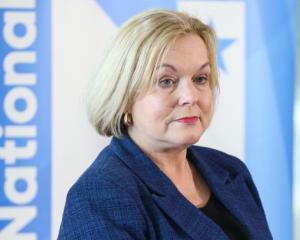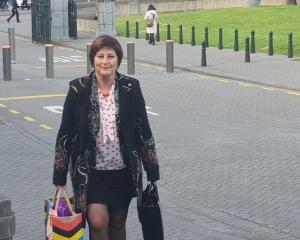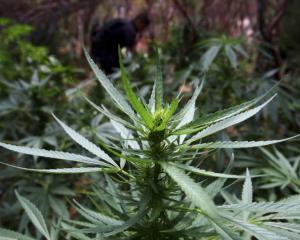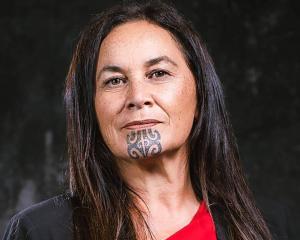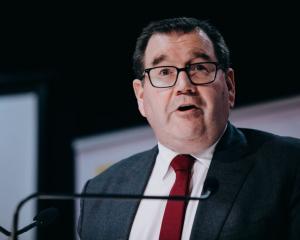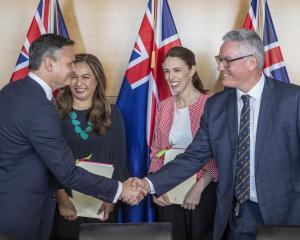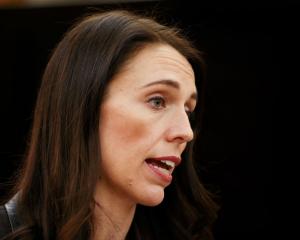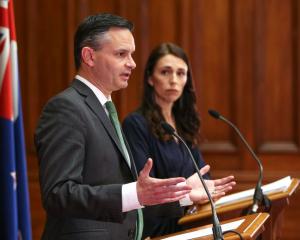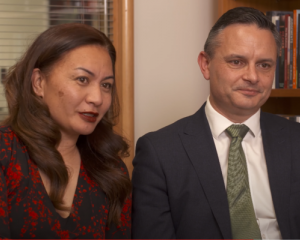
Dunedin North has, barring one National victory in 1975, always been a Labour fortress.
Now renamed as the Dunedin seat, it should continue that tradition, but do not expect it to be plain sailing for incumbent MP David Clark — or his main rival, National’s Michael Woodhouse, for that matter.
Both men have had a troubled 2020, Dr Clark stepping down as Health Minister and leaving Cabinet following two breaches of Covid-19 protocols, and Mr Woodhouse being slightly demoted and losing his health spokesman role for his handling of confidential data of Covid-19 patients.
Each will be hoping the voters of Dunedin are prepared to forgive and forget their transgressions, but there may well be some degree of electoral punishment meted out by main party voters dissatisfied with the choices before them.
On the left, eager to pick up any wavering Labour supporters, is Green candidate Jack Brazil.
Dunedin is a critical seat for his party and its bid to cross the 5% threshold.
In 2011 and 2014, with sitting Green MP and co-leader Metiria Turei standing, the Greens scored 23% of the party vote, but with her messy departure from politics in 2017 that plummeted to 13.6%.
Dunedin is still one of the Greens’ best-performing electorates, but the party will be hoping for a strong showing from Mr Brazil — a well-known environmental activist — to maintain that status.
Mr Woodhouse has fewer worries to his right — Act New Zealand’s 2017 candidate polled only 150 votes, while The Opportunities Party and New Zealand First just scraped above 1000 apiece.
However, as a list MP, Mr Woodhouse will be ever mindful of the need to maintain National’s party vote above 10,000, as he has done for the past two elections.
Achieve that, and Mr Woodhouse will have rendered his party good service and done a power of good for his own chances of staying in Parliament.
A candidate who will be hoping to benefit from any disenchantment with the parliamentary parties is The Opportunities Party’s Benjamin Peters.
The party is fighting its second election campaign and Dunedin North was one of its highlights of 2017, TOP’s 4.1% of party votes offering encouragement that it could achieve better in 2020.
Turnout could well be an issue in Dunedin in the 2020 election, its Covid-19-enforced postponement meaning polling day now falls in the middle of the examination period.
Students are a vital source of votes in the electorate — census data records the Dunedin electorate as having the second-most 20 to 24-year-olds in the country and the most 15 to 19-year-olds.
As a result, tertiary education policy will be influential here — and Labour’s decision not to extend the fees-free scheme may play against it.


